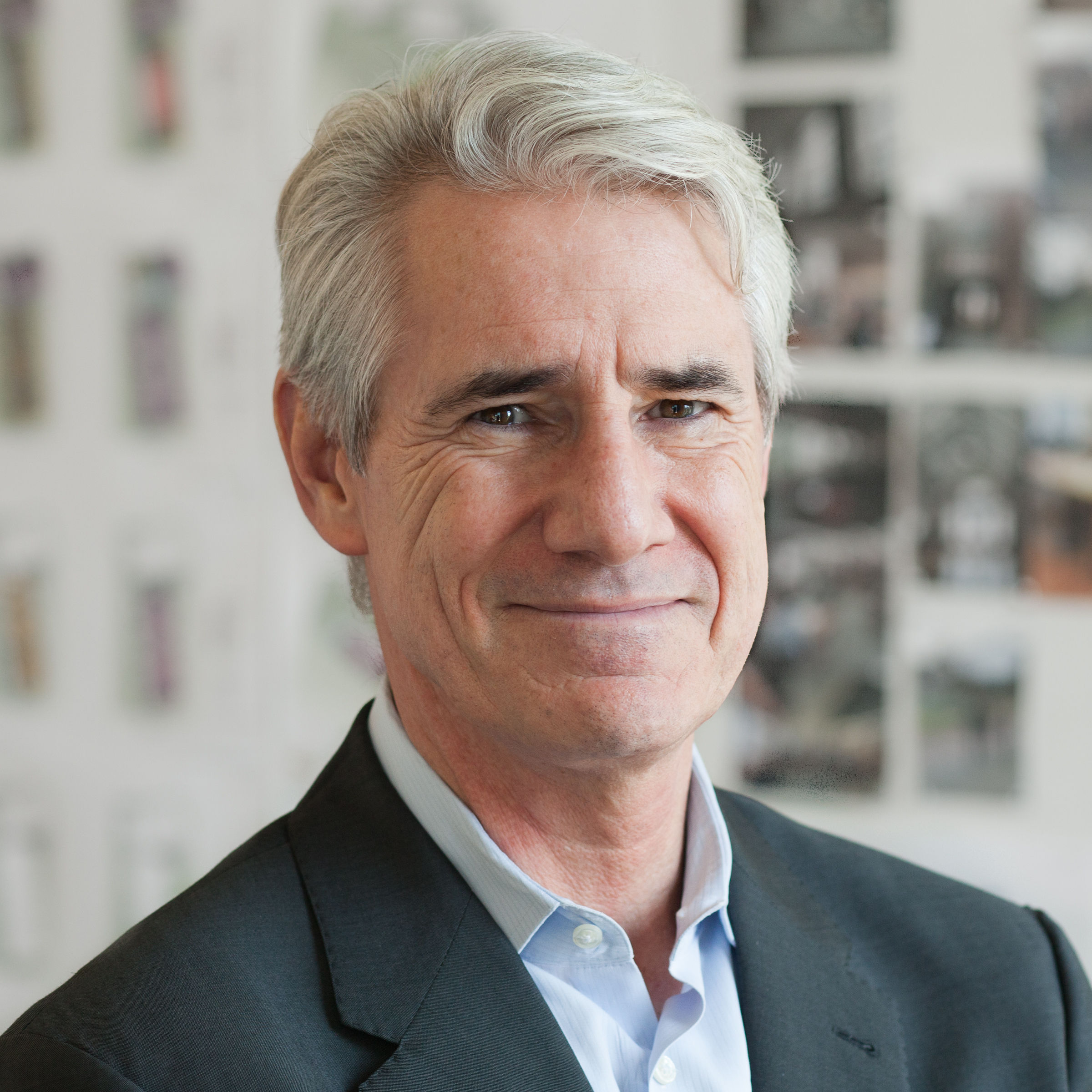With most college campuses now shuttered, the last few weeks have brought forth a wellspring of whitepapers attempting to predict the impact of COVID-19 on the future of higher education. How and when will it open? In person or digitally? Most offer a range of possible scenarios that will play out over the next few years.
What many have in common is the view that this pandemic will accelerate the erosion of access to the traditional “campus experience” we so closely associate with American higher education.
It will likely result in the closure of many campuses due to scarcity of public funding, fewer or no full-paying international students and a general flight to value-driven education as represented by digital and vocational models. Alarm over the demise of the campus-based liberal arts experience has been growing for a long time, but the COVID-19 shutdown has sent it off the charts. As tech’s role in everything continues to grow, a frequent question is this: As we learn to learn from a distance at lower costs, are we risking trading our humanity for shareholder value?
All of this has me thinking hard about how to preserve the campus experience and advocate for its true value. For millions of Americans, it is hard to imagine a world without it. College is an important time to be on one’s own, fall in love and have your heart broken, dapple in subjects without fear and fail miserably and often. As a budding

architect, I came to appreciate the idea of the campus itself: a planned utopian community dedicated to discourse and discovery, set in a kind of garden ideal—an earthly paradise. Some refer to the campus as a creating a “bubble:” a luxury fewer can afford.
While costs are a big problem that is getting bigger, what seems to be overlooked in this conversation is the magic that happens once any student somehow makes her way into that bubble: a world of access, opportunity and equality. I am but one small example.
My own campus experience
I was raised in a large, financially challenged household, but I was fortunate to earn a scholarship to attend college. My freshman year experience is permanently etched into my psyche. Was I truly equal to everyone else? No. I worked a campus job that exacted precious time from studies and social events. I could not afford trips home at Thanksgiving, or a week on the beach during Spring Break. I can remember not having the “it” winter coat of that year: shearling.
Still, 18-year-olds can be spectacularly inclusive, and I encountered few barriers. I joined a number of teams and clubs, designed sets for campus theater, attended lectures by famous professors on subjects I didn’t know existed and was invited to parties and meals with brilliant classmates with diverse backgrounds and cultures. I made lifelong friends from every socio-economic stratum that I am still connected to. We are forever bound by our shared existence in that physical setting.
My campus experience created access to people and resources that promised an equal opportunity for me and whatever I wanted to do. It was a safe, idyllic, joyous incubator for my personal growth, and a daily inspiration for feeling that the world was my oyster. Hope.
How important is that?
Putting aside the wonder of being allowed to mature and connect with others in this utopian setting, it is hard for me to imagine getting this same sense of hope digitally from inside my parent’s house.
Pandemic positives
My hope now is this pandemic will help us focus on the things that really matter and make life better and more inclusive for all, like healthcare, childcare, and a living wage. As we tackle the issue of growing inequality in our society, it is my deeper hope that we will put access to education near the top of our list, and with that, find creative ways to preserve and enhance access to the campus experience for as many as possible. We will be richer and happier for it, and the alternative is too depressing to contemplate.
A partner and design director at the architecture firm FXCollaborative, Nicholas Garrison has more than three decades of experience working with colleges, universities, and private secondary schools around the world.





